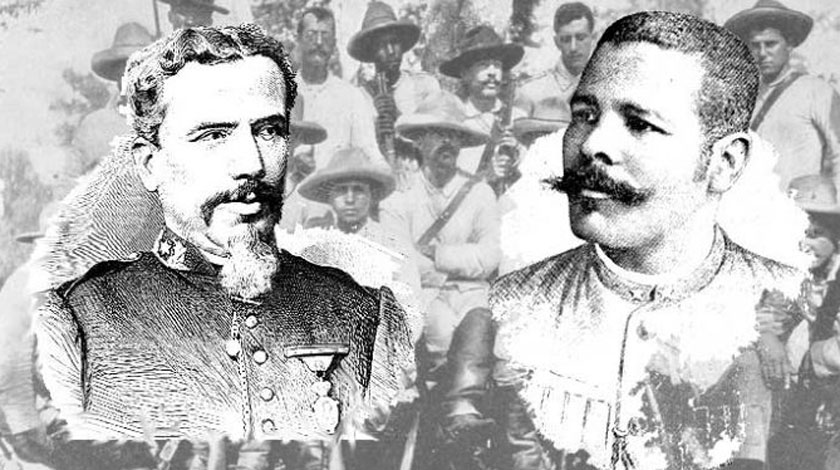Teaching and encouraging the new generations the duty from the rich history of the Nation is requires at the present. It is about honoring the example of the heroes who gave so much glory to Cuba.
One of those glory pages was written by General Antonio Maceo on March 15th , 1878. On that day all worthy Cubans were represented, who learned to preserve the revolutionary intransigence raised as a flag that day their brave protest was born.
For such a valiant episode he chose, along with his mambisas hosts, Mangos de Baraguá, a land of Santiago that has been endearing forever since that feat.
In this significant page of the revolutionary struggle, the Maceo´s figure stands out not only as a military man, antislavery and tireless fighter for the freedom of Cuba, but also the brilliant politician he became, the man who, according to Martí, had so much strength in the mind as in the arm.
The wise warning of the brave patriot that we do not want peace without independence left an imperishable inheritance for the new generations of Cubans, with the certainty that Baraguá is the essence of the nation and a benchmark for how to proceed in the face of certain circumstances that may put the national security and integrity.
It was 143 years ago, but the distance is just that, a period that has elapsed; because in its essence, the act carried out by Antonio Maceo Grajales continues to be the hold of the Cubans of these times.
There is no doubt that the Baraguá Protest is one of the many links that sustain what Cuba is today. In his time, José Martí asserted it: “I have precisely now before my eyes ‘ The Baraguá Protest ’, which is one of the most glorious in our history.”
Every time the people remember this fact, which still beats in the soul of Cuba, the fighting spirit of the veterans and youth is renewed and strengthened so that Cuba remains independent and sovereign. And it is that, Baraguá and his heroic protest, is still a cry of freedom or death.

